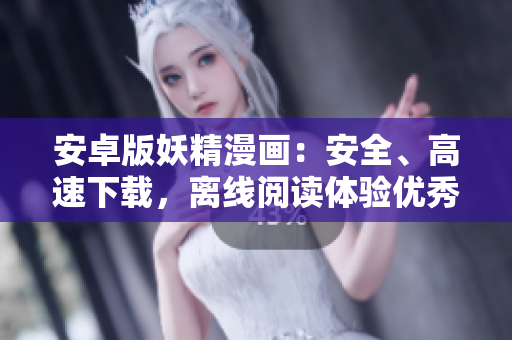Introduction
In today's world, we are constantly exposed to a plethora of content and information. From social media to news outlets, it seems as though we can never catch up. However, amongst all this constant stimulation, certain areas remain scarce. One of these areas is early childhood education in underserved communities. In this article, we will delve into the importance of early childhood education and how we can work towards providing equal education to all children, regardless of their background. Additionally, we will explore the art and cultural scene of the Western world and how it impacts society. Lastly, we will discuss the rise of short-form video content and how it's changing the way we consume media.
The Importance of Early Childhood Education
Access to early childhood education is crucial for the development of a child's social, emotional, and cognitive skills. Yet, children living in impoverished and underserved communities often lack access to quality early childhood programs. According to the National Institute for Early Education Research, "children who attend high-quality preschool enter kindergarten with better pre-reading skills, richer vocabularies, and stronger basic math skills than those who do not." Therefore, it's essential to invest in early childhood education to provide a strong foundation for all children, regardless of their socioeconomic status.
Working Towards Equal Access to Education
To combat the lack of access to early childhood education in underserved communities, various initiatives and programs are being implemented. One such program is Head Start, a federal program that provides comprehensive early childhood education, health, nutrition, and parent involvement services to low-income children and their families. Additionally, private philanthropic efforts, such as the Early Childhood Collective and the Smile Train, focus on expanding early childhood education programs to underserved communities worldwide. By supporting these initiatives and advocating for equal access to education, we can work towards a brighter future for all children.
The Importance of Art and Culture
The Western world is known for its vibrant arts and cultural scene, with renowned museums, galleries, and theaters dotting major cities worldwide. However, the impact of the arts extends beyond just aesthetics. Exposure to art and culture has been found to have numerous positive effects, including increased empathy, critical thinking skills, and creativity. Therefore, it's essential to support and promote the arts in our society to enhance the growth and development of individuals and the community as a whole.
The Rise of Short-Form Video Content
In recent years, the consumption of short-form video content has skyrocketed, with platforms like TikTok and Instagram Reels dominating the market. This trend marks a shift in how we consume media and presents opportunities for individuals to showcase their creativity and reach wider audiences. Additionally, short-form video content can be an effective tool for social change, as seen with the Black Lives Matter movement and its corresponding hashtag challenges. As this trend continues to grow, it will be interesting to see how it shapes the future of media and communication.
Conclusion
In this article, we highlighted the importance of early childhood education and the need for equal access to quality education for all children. We also discussed the significance of art and culture in society and the rise of short-form video content as a form of communication and artistic expression. By investing in these areas, we can work towards creating a more equitable and inclusive society for all.









